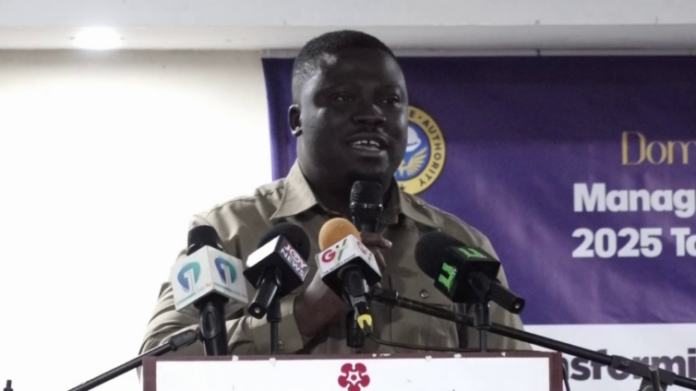The Ghana Revenue Authority (GRA) has begun a stakeholder dialogue aimed at reversing declining trends in revenue mobilisation under the Value Added Tax (VAT) system.
The engagement forms part of broader efforts to build support for proposed VAT reforms outlined in the government’s 2025 Budget and Economic Policy.
Over the years, Ghana has struggled to maximise VAT collection, with the tax contributing only 20% of total annual revenue. Despite a 17% growth in VAT collections last year, the GRA is seeking expert and stakeholder input to explore strategies for enhancing revenue from the VAT regime.
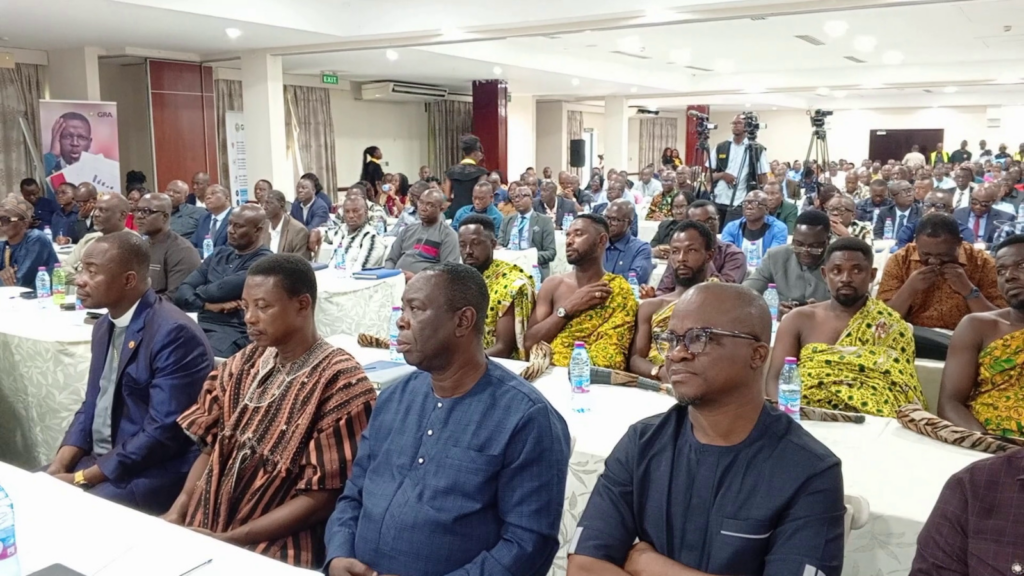
Acting Commissioner-General of the GRA, Anthony Kwasi Sarpong, expressed optimism that the reforms would improve compliance and strengthen government revenue.
“When we look at the tax laws, we realise there are many revenue opportunities within the system. If we enforce compliance and taxpayers fulfill their obligations, we can generate the resources needed to develop our nation,” he said.
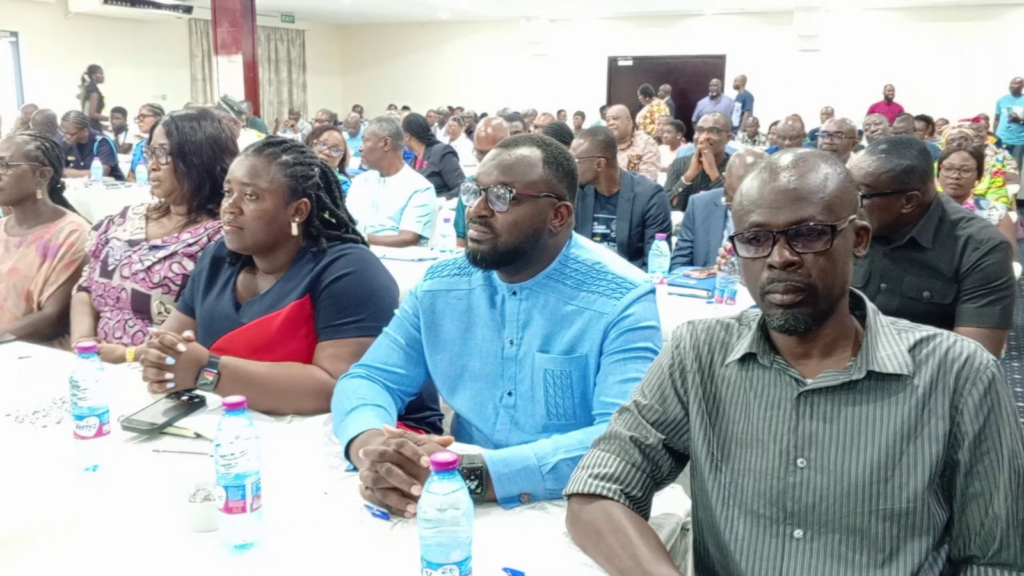
The occasion also marked the launch of this year’s Tax and Good Governance Month, observed every April, under the theme: “Transforming for Impact and Growth: Accelerating Domestic Revenue Mobilisation Through Effective Compliance Tools.”
Sarpong encouraged all taxpayers to meet their obligations, especially during April, which is dedicated to tax awareness and compliance.
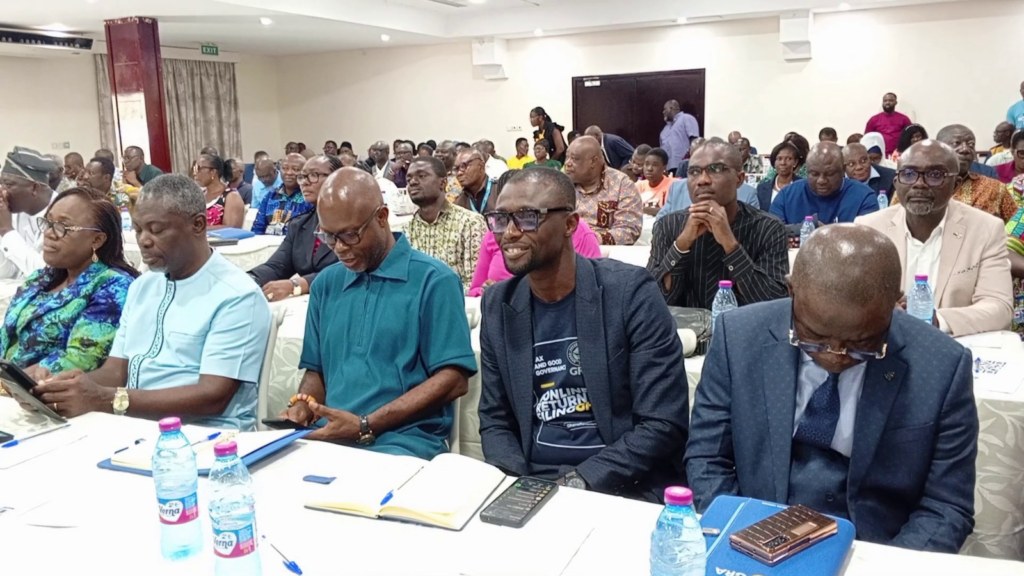
Ashanti Regional Minister, Dr. Frank Amoakohene, also addressed the gathering and assured businesses that the government is working to address concerns over high import duties and the cost of transporting goods from the ports.
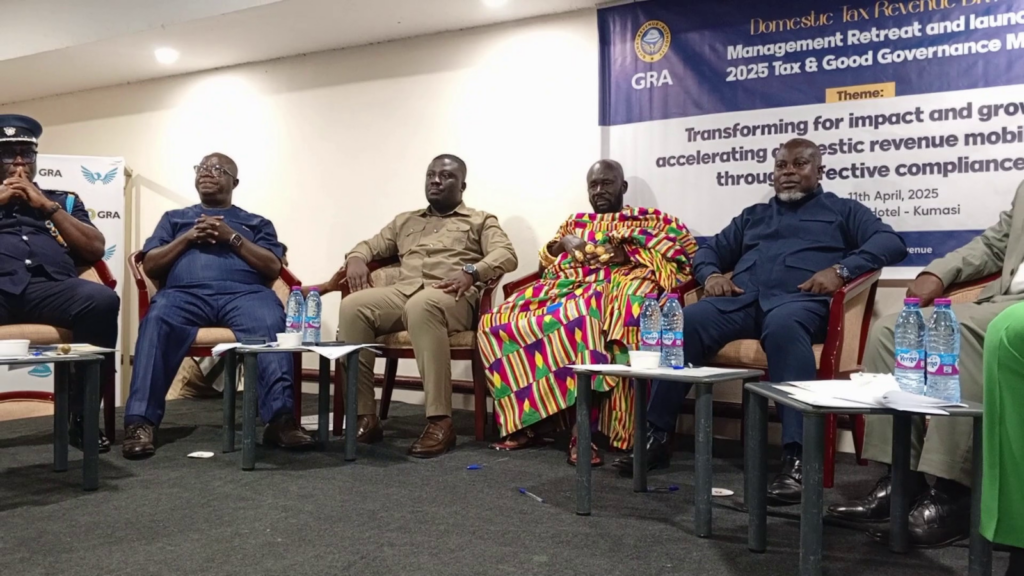
The dialogue included discussions on key challenges facing Ghana’s tax systems and possible solutions.
Notable officials present included Commissioner of Customs, Brigadier General Glover Annan; Commissioner of Support Services, Dr. Alex Adomako-Mensah; and Commissioner of the Domestic Tax Division, Apenteng Gyamera.
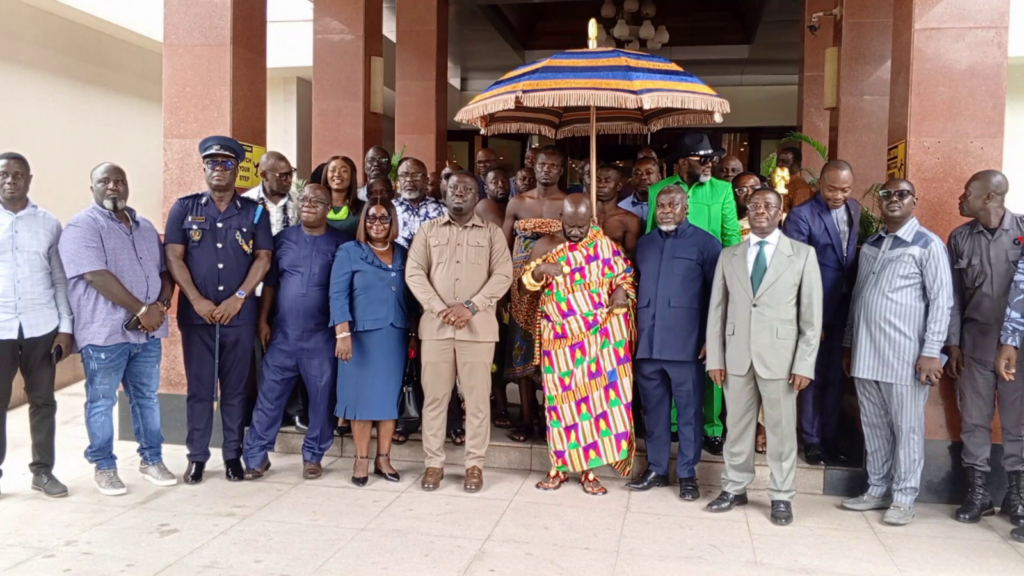
ALSO READ:

